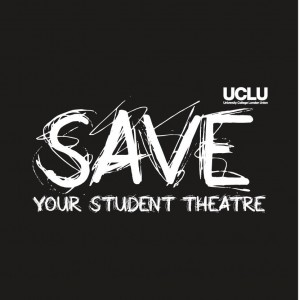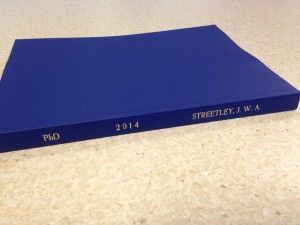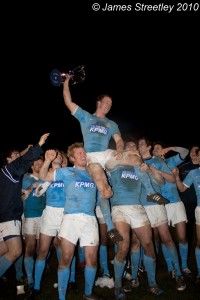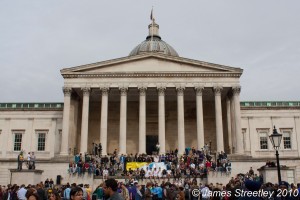
Save your student theatre
During my time at UCL as an undergraduate, I was lucky enough to be involved with a fine bunch of people; the UCLU Stage Crew society. These ladies and gents use their spare time to help other students put on shows; musicals, dramas, fashion shows, jazz concerts, opera, bongos(!). You name it, they’ve assisted with it.
They also run a small ~70 seater theatre on the ground floor of the one of the college buildings, the UCLU Garage Theatre Workshop. And by run, I mean everything from the year’s budget to keeping the backstage toilet clean and functional. It sounds like great fun, and it was, but now this is under threat from UCL.
The college, somewhat reasonably, would like to renovate the space. However they are refusing to replace what they are taking with an alternative space.
I think this would be a great shame, because as well as being immense fun, I think the theatre is a very valuable asset to the university and student body. I can say with certainty that I would not be the person am I today, in the position that I am in, had that theatre not existed. And I can point to dozens, if not hundreds, who could say the same.
A few benefits are obvious: having a place to perform, try out small-scale projects and get your work seen by an audience without using the college’s larger (and more expensive) Bloomsbury Theatre is a benefit in its own right. But actually, aside from the considerable artistic merit and cultural benefit, working on a theatre project gives students the opportunity to learn many skills that are missed by an academic education.
On a personal level, I believe I developed many skills whilst working in the Garage:
- speaking and performing develop self-confidence and public speaking, something directly related to giving talks or presenting in an academic context
- teamwork is a vital skill for putting on a production, between designers, technicians, cast members, musicians and the director. Having a concrete example of working in a team to achieve a goal is invaluable to employers.
- leadership goes hand-in-hand with teamwork, and being given a role of responsibility such as Garage Theatre Manager or Technical Manager is a good way to gain managerial experience as an undergraduate.
- committee work is a strong component of running the theatre; allocating time, money and people to productions were all decided by committee.
- personal organisation is key when running a theatre or rehearsing a show in your spare time, whilst also concentrating on a degree course.
- budget management for shows in the Garage is important as the shows are often on a very restricted budget
- bidding for funding is important for all clubs and societies, but the Garage has been traditionally successful in applying for extra funding for equipment, and this sort of ‘writing to persuade’ is very important in many jobs and even in getting a job, so honing it at the student union can only be a good thing.
These are some of my personal and less obvious ways I think a student theatre helps develop the skills and further the education of the student body. There are probably many others that I’ve missed. But I do think that a university should encourage students to gain all of these skills and that being involved in the Garage is brilliant way to do that.
The facebook page is doing a good job of collating videos and pictures of the Garage in action and I hope they can put together a persuasive case to the College and also persuade UCLU to give the campaign their full support. It has already gone out in the all student email, so I am hopeful that the union will be able to lobby the College too.





